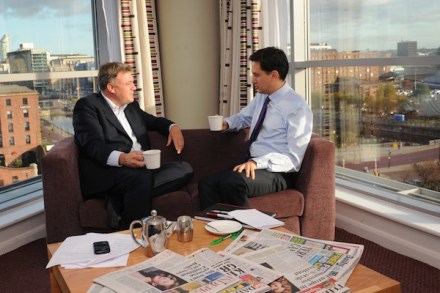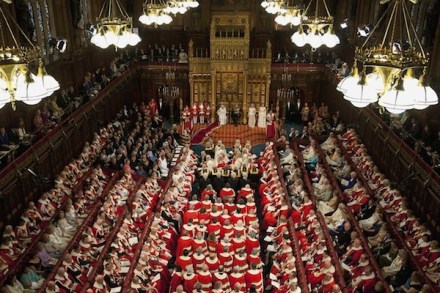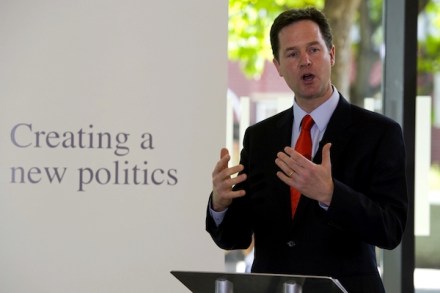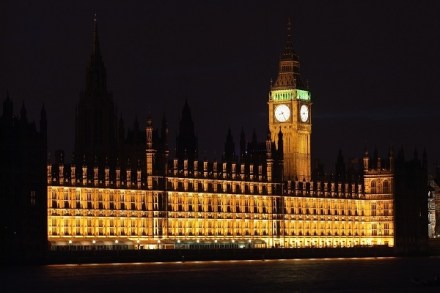Yellow dove down
The Lib Dem dove has been shot by a well-aimed Tory arrow tonight, and you can bet that more than a few of Nick Clegg’s allies will feel deeply betrayed. The Lib Dems walked on the coals of the tuition fee rises, and for what? The Tory leadership cannot really claim to be giving its full backing to Lords reform. Yes, William Hague was sent on the radio this morning – in theory to urge obedience over the reform. But when the Foreign Secretary started laughing you had the feeling that he did not quite take his mission very seriously. Every Tory MP knows that the whips have given mixed




















